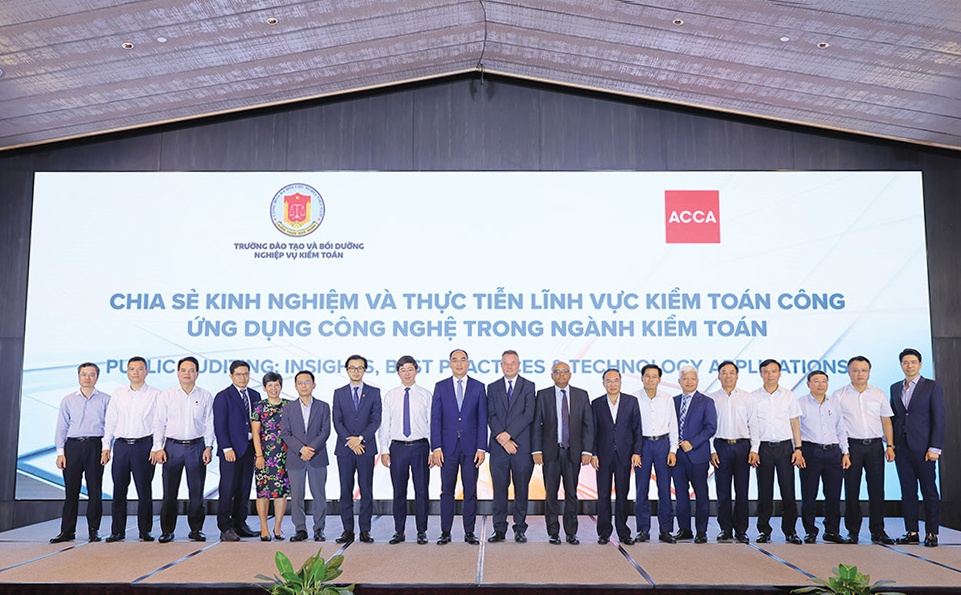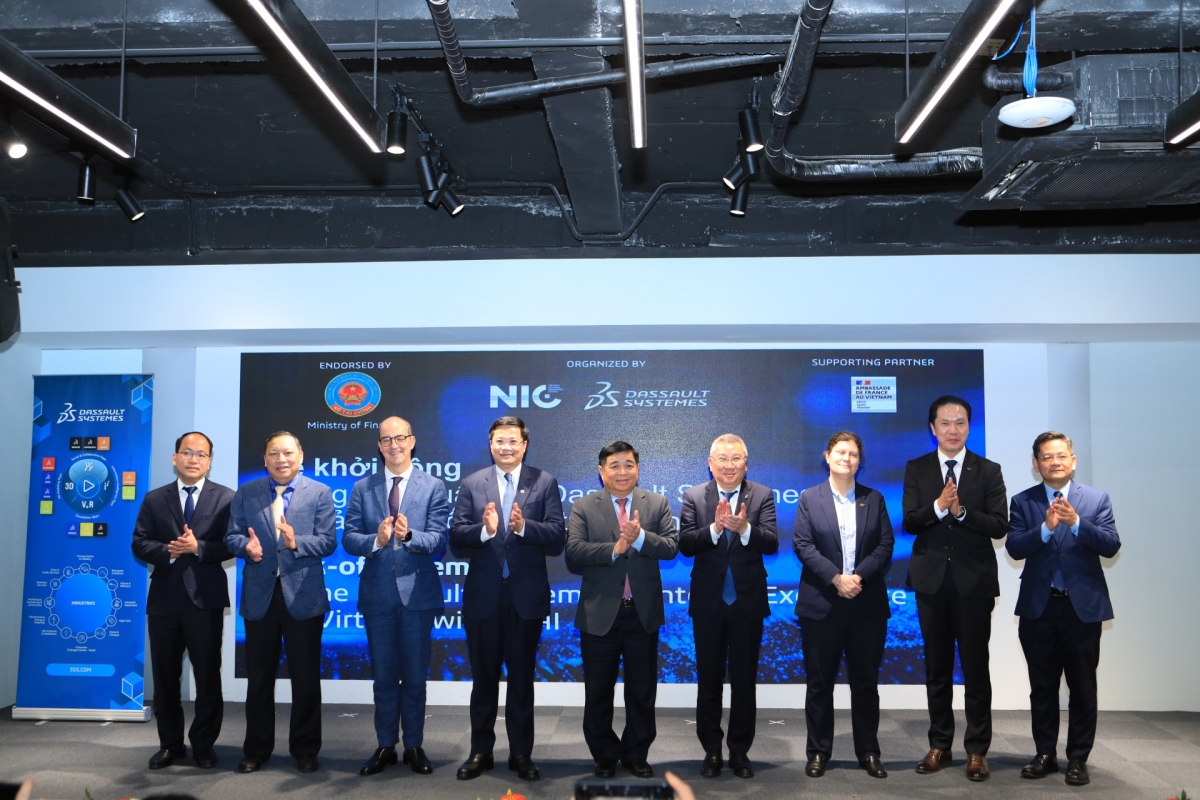INTERNATIONAL INVESTMENT
AND PORTAL
A spirit of innovation was ignited at a high-level seminar in Hanoi on May 22 on public auditing, co-hosted by the Association of Chartered Certified Accountants (ACCA) and the State Audit Office of Vietnam.
 Industry experts agree that upholding core values is top priority for auditors
Industry experts agree that upholding core values is top priority for auditors
At the conference, Bui Quoc Dung, deputy auditor general of Vietnam, said that if Vietnam can seize the moment, the country has every opportunity to build a modern, transparent public auditing system that contributes meaningfully to national development and governance. With the right strategy and timely action, he noted, Vietnam could even become a regional model for technology-driven public auditing.
“Digital transformation is not just about acquiring machines or software, but it’s a shift in mindset in how we work. Auditors must realise that technology is not a threat, but an opportunity to fulfill our mission more effectively,” Dung said.
“We have every reason to believe in this journey and to be optimistic. Vietnam is not alone. With the collective will of our auditing professionals, strong leadership from sector authorities, and support from both domestic and international tech communities, I am confident that Vietnam will embrace the digital transformation journey boldly towards a more effective, transparent, and modern auditing system than ever before,” he added.
Dung noted that while technology plays a transformative role, it will never fully replace the human element and auditors remain the cornerstone of the profession.
“Technology is a tool to help us work smarter, not a means to eliminate people from the process. Therefore, auditors must embrace continuous learning, adapt to modern auditing methods, and above all, uphold the core values of the profession,” he said.
From a regulatory perspective, Deputy Minister of Science and Technology Bui Hoang Phuong warned of the widening gap between rapid digital advancements and the public sector’s capacity to adapt.
“Billions of financial transactions occur daily through enterprise resource planning systems, e-payment platforms, and digital budgets, creating massive datasets,” Phuong said. “If public auditing remains bound by traditional thinking, we risk missing a golden opportunity to build a proactive, agile, and self-learning public finance system.”
Phuong further stressed that an audit report should go beyond identifying financial misstatements or violations. “It must uncover root causes such as institutional shortcomings, unfeasible policy designs, or weak implementation oversight. Only then can auditing truly drive reform and shape the future of national financial governance.”
At the event, To Quoc Hung, ACCA Vietnam country manager, shared that countries such as the UK, New Zealand, and Malaysia have already deeply embedded AI into their public budgeting cycles, from planning and allocation to monitoring and performance evaluation.
“This poses a clear challenge for Vietnam. If we fail to embrace digital transformation in public auditing, we risk falling behind in technical capability and also missing a vital opportunity to enhance fiscal governance and public trust. Ultimately, trust in the public financial system is the bedrock of long-term stability and development,” he said.
As part of the event on public financial management and digital transformation, international experts delivered in-depth perspectives on the challenges, opportunities, and solutions for enhancing the effectiveness of public financial management in Vietnam.
Shantanu Chakraborty, country director of the Asian Development Bank in Vietnam, proposed concrete solutions to improve budget management and financial transparency, contributing to the development of a modern and sustainable public finance system. Meanwhile, Sha Wen, resident advisor of the International Monetary Fund, offered an overview of the digitalised Public Financial Management Framework, placing particular emphasis on the role of auditors in ensuring its transparency and effectiveness.
Dam Xuan Lam, deputy general director in Hanoi for the Audit Department at KPMG Vietnam, presented findings from KPMG’s in-depth research that shows AI is no longer a temporary trend, but a strategic cornerstone in modern auditing.
“We plan to enhance Clara AI Chat in Q2 with features such as automated identification of mandatory audit procedures, a flowchart generator, a data extractor tool, and a quality assurance coach,” Lam said. “We will also expand our prompt library to optimise user interaction. Future versions will enable AI to gain deeper contextual understanding of client businesses and operating environments, and support guided audit execution.”
Experts at the seminar outlined several breakthrough solutions to modernise public auditing in Vietnam during the discussions. They included institutional reform to promote outcome-based auditing over input-focused models; the development of digital auditing capabilities through training schemes that integrate technology with public governance; and investment in a big data ecosystem for public finance that interconnects digital budgets, treasuries, taxation, customs, and more across ministries.



















